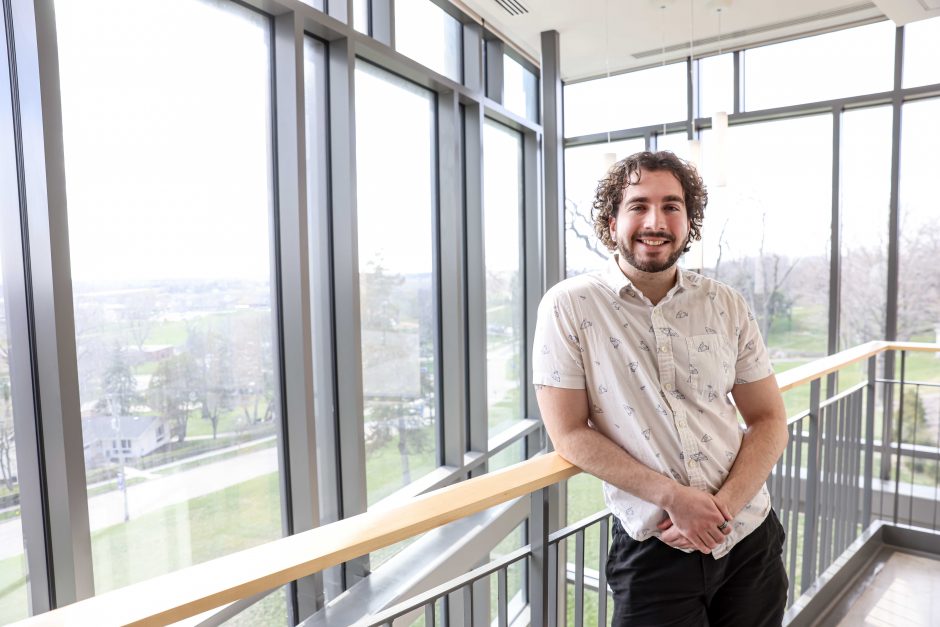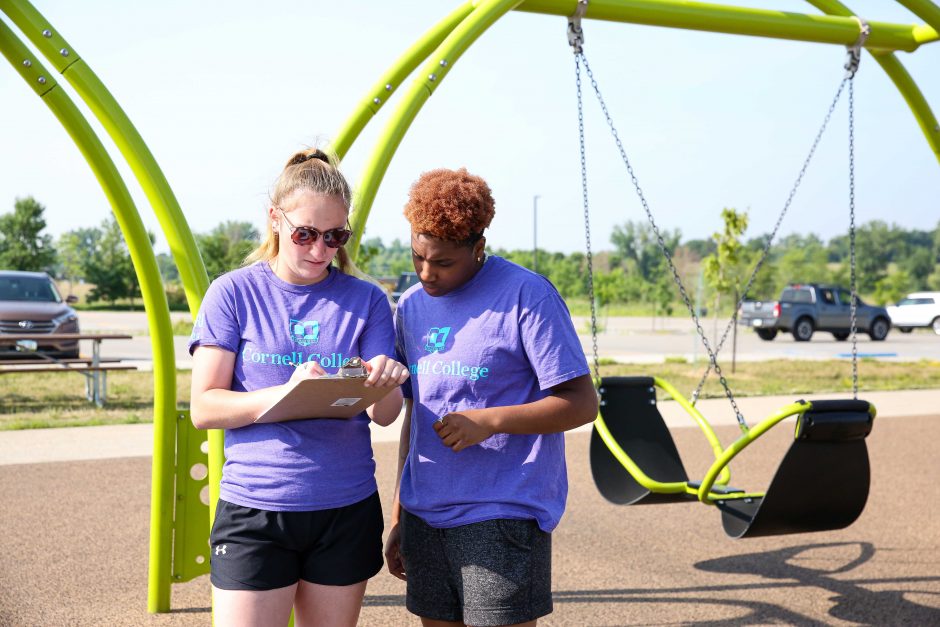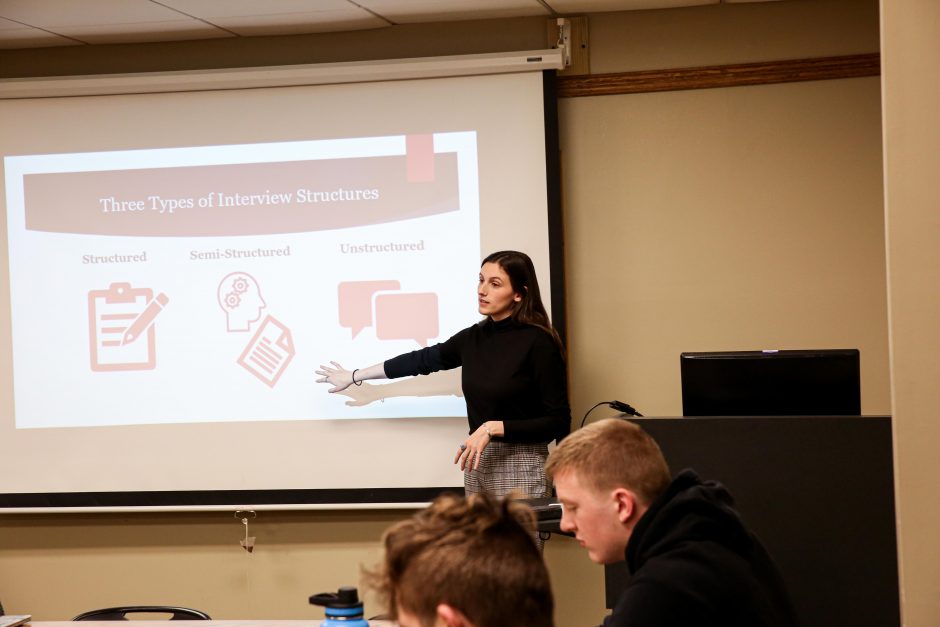Anderson ’85 led research team to autism discovery
Cornell College alumnus Matthew Anderson ’85 led a team of researchers at Harvard Medical School and Beth Israel Deaconess Medical Center that gained new insight into impaired sociability in some forms of autism spectrum disorder.
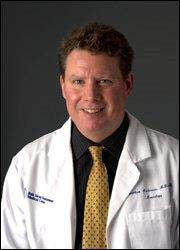
And he credits schools like Cornell College for preparing scientists to make discoveries in the future.
Anderson, Harvard Medical School associate professor of pathology and director of neuropathology at Beth Israel Deaconess, and his team determined how a gene linked to one common form of autism works in a specific population of brain cells to impair sociability. The research, published in the journal Nature, reveals the neurobiological control of sociability and could represent important first steps toward interventions for patients with autism.
“The future scientists of the next generations come from great colleges like Cornell College,” Anderson said. “This is a long process requiring many years of hard work. I really hope the next generation of scientists do not become deterred by the current conversations on science funding. I have faith that the importance of nurturing young scientists who we will depend on to make the next wave of major discoveries will prevail as the debate grows.
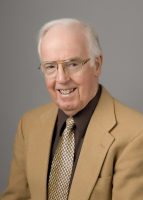
“I still recall the very personal interactions I had with each of my professors at Cornell, like Truman Jordan, who had a way of bringing chemistry to life. His elegant mathematical presentations of complex concepts in physical chemistry very much inspired me.”
The research discovery was characterized as a genetic “toggle switch” that reveals regulation of sociability in autism in an article on the Harvard Medical School website.

